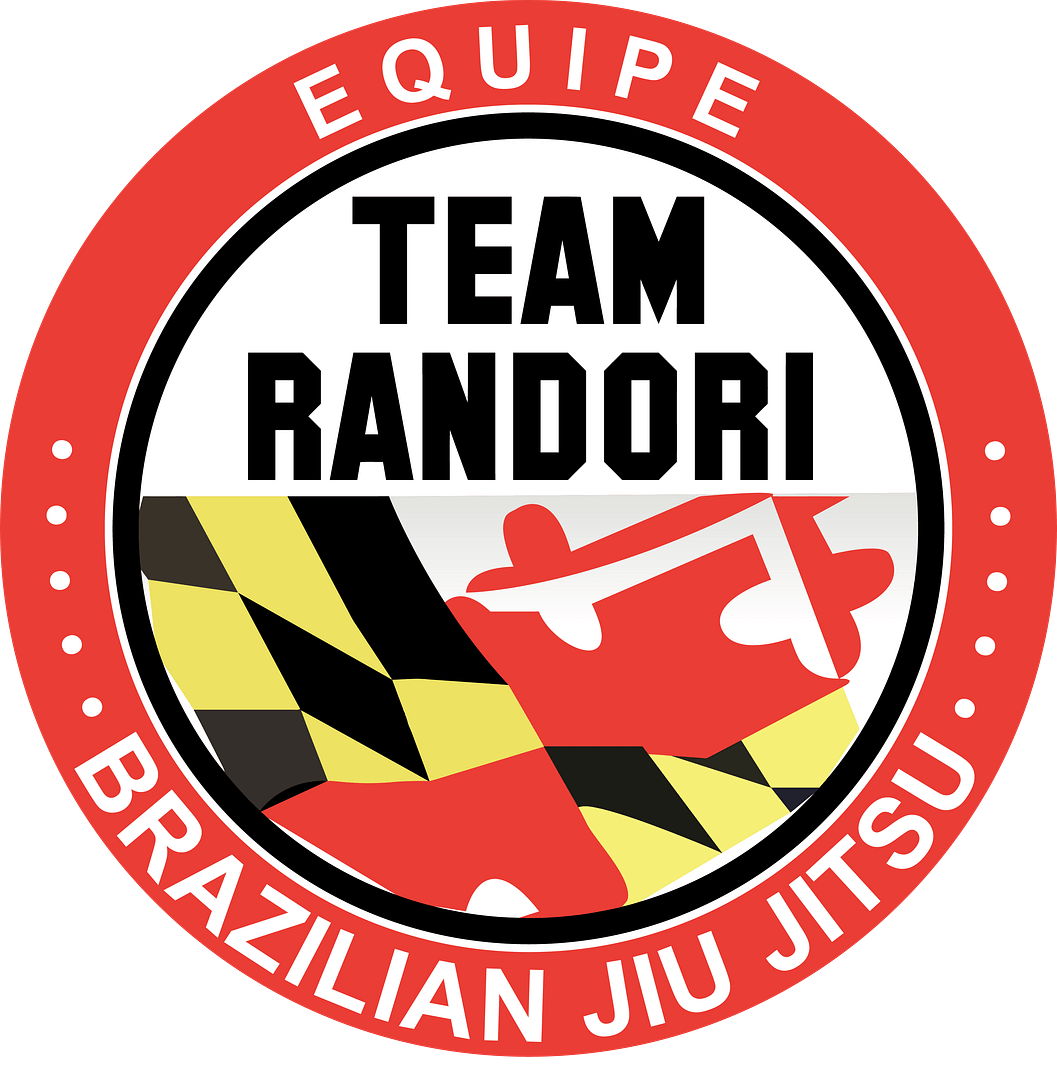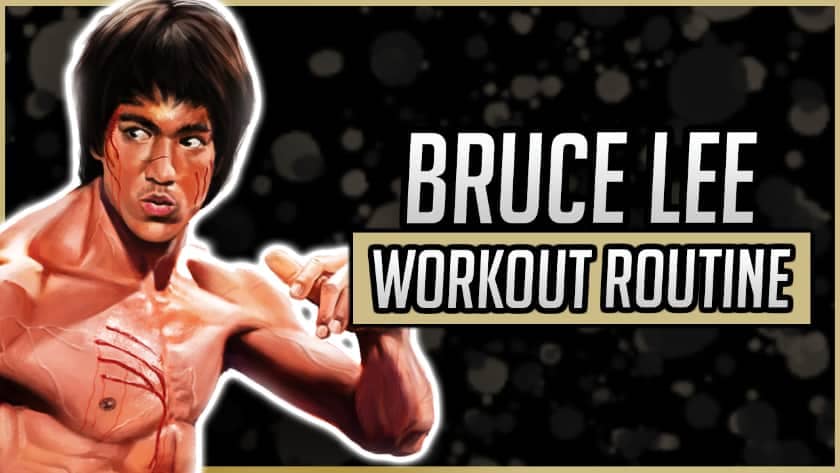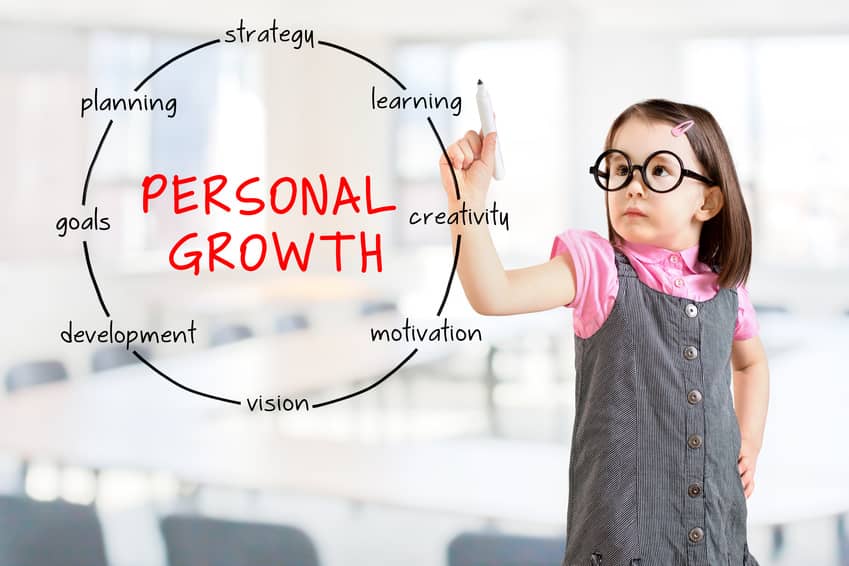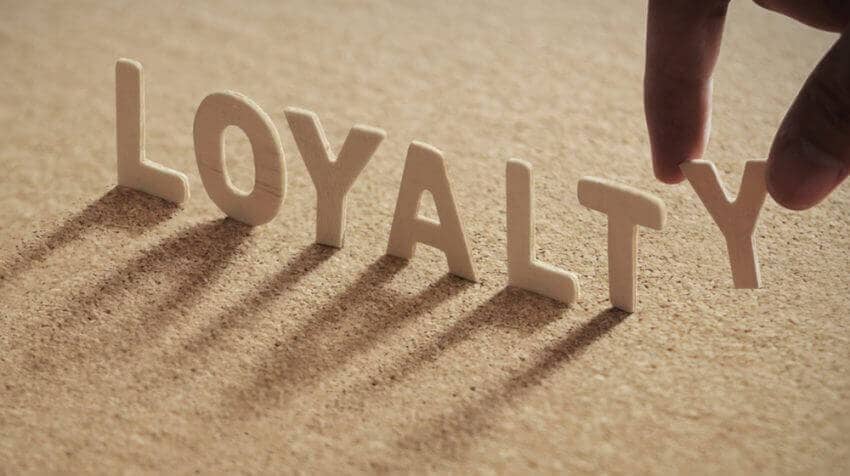Enhancing Well-Being and Jiu-Jitsu Performance in Students
Introduction
Physical culture is more than just exercise—it is a philosophy and way of life that promotes holistic well-being. Rooted in the idea that physical activity is essential to personal development, it integrates physical, mental, and emotional aspects of health. Students involved in Brazilian Jiu-Jitsu (BJJ) can greatly benefit from engaging in various activities encompassed within physical culture, from strength training to meditation. This article explores how physical culture supports physical and mental well-being, improves students’ performance on the mats, and contributes to their personal growth in Jiu-Jitsu.

The Foundations of Physical Culture
Physical culture encompasses various activities such as:
- Strength and conditioning (resistance training, weightlifting)
- Mobility work (yoga, stretching, calisthenics)
- Mind-body practices (meditation, breathwork)
- Sports participation (running, swimming, martial arts)
The philosophy of physical culture promotes balance in these areas, acknowledging that fitness is not just about physical strength but also about mental resilience, discipline, and healthy habits. Individuals who embrace this mindset develop enhanced well-being, reduced stress, and better emotional control—qualities that directly improve their BJJ performance.
The Role of Physical Culture in Mental Well-Being
Physical activities impact mental health by releasing endorphins, enhancing cognitive function, and promoting emotional stability. For BJJ students, integrating mental wellness practices such as breathwork or meditation complements their physical training. These activities improve focus, patience, and the ability to remain calm under pressure—critical qualities for grappling, where strategic thinking and composure can determine success.
A physically active lifestyle also mitigates stress and anxiety, which are common among students balancing school, family, and training. By engaging in yoga or structured mobility sessions, students learn mindfulness, which fosters emotional awareness both in life and on the mats.
Physical Training for Improved Jiu-Jitsu Performance
Brazilian Jiu-Jitsu demands a unique blend of strength, endurance, and flexibility. While technical skill is paramount, physical preparation through strength and conditioning greatly enhances a student’s ability to execute techniques efficiently and avoid injury. Cross-training in resistance-based activities ensures students develop:
- Explosive power: Key for takedowns, submissions, and transitions.
- Muscular endurance: Allows them to grapple for extended periods without fatigue.
- Flexibility and mobility: Reduces injury risks and improves the ability to perform movements like guard retention or sweeps.
Resistance training not only develops a stronger and more capable body but also teaches students to persevere through discomfort, helping them build mental toughness—an invaluable skill for competitions and sparring sessions.
Philosophical Alignment of Physical Culture and Jiu-Jitsu
Both physical culture and BJJ emphasize personal growth through discipline, consistency, and humility. Jiu-Jitsu teaches students that progress is incremental, and every setback is an opportunity to learn. Similarly, adopting physical culture as a lifestyle reinforces the importance of continuous self-improvement. Activities like weightlifting or meditation require patience and dedication, mirroring the journey of mastering Jiu-Jitsu.
Physical culture also encourages the pursuit of balance, promoting recovery as much as performance. Understanding the value of rest, nutrition, and mental breaks allows students to avoid burnout and stay motivated long-term. Grapplers who embrace this balanced approach become well-rounded athletes with a sustainable passion for both their training and personal well-being.
The Benefits for Students Beyond the Mats
For students, the benefits of physical culture extend beyond their Jiu-Jitsu abilities. Integrating multiple physical practices contributes to better academic performance by improving focus, cognitive function, and stress management. Studies show that resistance training positively impacts learning and memory, suggesting that students involved in structured physical activities are better equipped to handle the mental demands of school.
Martial arts training, including BJJ at places like Team Randori Martial Arts in Annapolis, also builds students’ self-confidence, self-discipline, and emotional resilience. These life skills translate to improved academic outcomes and personal growth, making students more capable of navigating challenges in school and life.
Conclusion
The philosophy of physical culture provides a comprehensive framework for improving students’ well-being and Jiu-Jitsu ability. By engaging in strength training, mobility exercises, and mindfulness practices, students develop the physical, mental, and emotional tools needed to excel both on and off the mats. This holistic approach promotes personal growth and balance, reinforcing the lessons learned in BJJ—discipline, consistency, and resilience. For young grapplers, embracing physical culture sets the foundation for lifelong health, improved performance, and success in all aspects of life.
At Team Randori Martial Arts, students can experience the benefits of physical culture firsthand, combining technical Jiu-Jitsu instruction with structured fitness programs designed to enhance their physical and mental abilities. By adopting these principles early on, students are equipped to thrive both academically and athletically, embodying the true essence of a well-rounded martial artist.
Professor Al Hogan is a recent inductee in the U.S. Martial Arts Hall of Fame (2024) and a two time IBJJF Masters World Champion and Pan American Champion. He is renowned for his expertise in Brazilian Jiu Jitsu and Defensive Tactics Instruction, catering to the Jiu Jitsu enthusiast, law enforcement, military and security personnel.
👊 If you’re ready to amplify your Jiu Jitsu journey under Professor Al's tutelage, we offer you a complementary 1 Week Free Membership in our academy.




